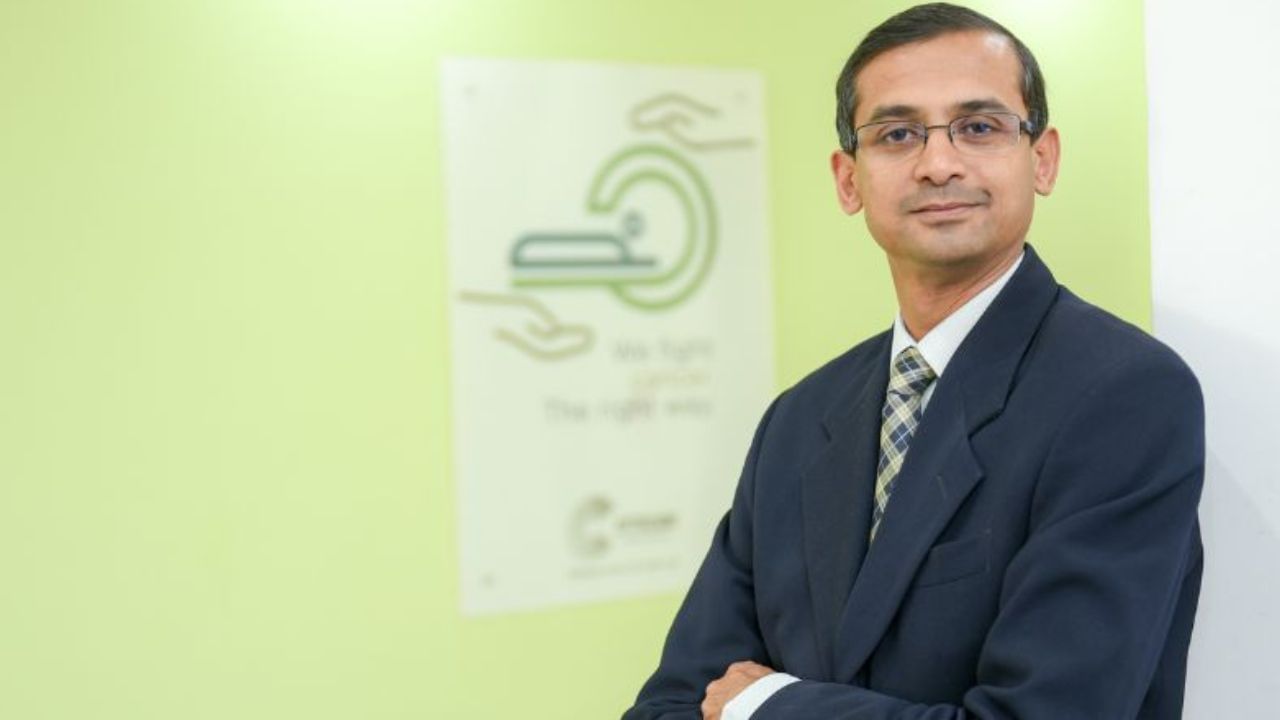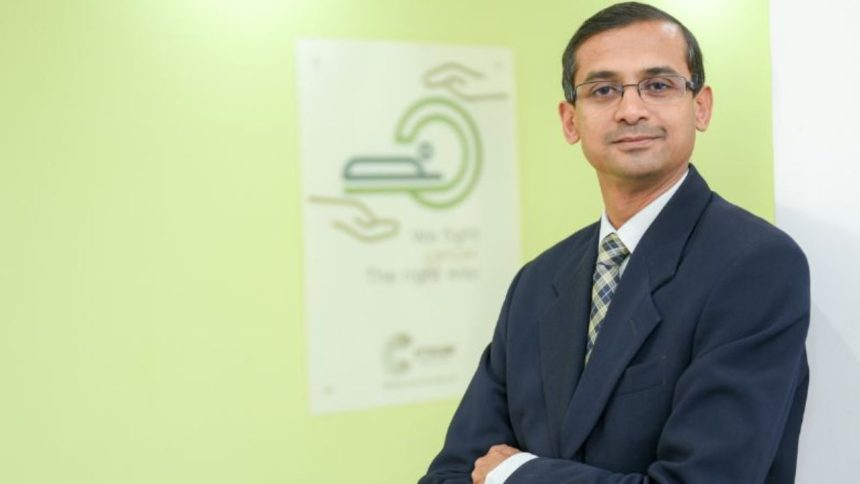
Bengaluru (Karnataka) [India], March 10: The word “cancer” carries an undeniable weight. A diagnosis can be life-altering, not just for the patient but for their entire family. In India, where cancer remains one of the leading causes of death – with 1.16 million new cases and 784,000 cancer-related deaths reported annually – the burden is immense. But while cancer has long been associated with fear and uncertainty, advancements in medical technology are changing the landscape. Artificial intelligence (AI), precision medicine, and cutting-edge treatments are transforming oncology, making early detection more accurate, treatments more effective, and patient outcomes more hopeful.
“AI is playing a pivotal role in revolutionizing cancer care, particularly in early detection,” says Suresh Ramu, Co-founder and CEO of Cytecare Hospitals. “By analyzing medical images with incredible precision, AI helps detect anomalies that might be missed by the human eye. For example, AI-assisted mammography is particularly useful for women with dense breast tissue, a group that has historically faced challenges in early breast cancer detection.” Studies have already shown that AI-powered diagnostic tools can match or even surpass human experts in accuracy. The result? Faster diagnoses, fewer false positives and negatives, and a greater ability to identify cancer in its earliest, most treatable stages. “The sooner we detect cancer, the better the chances of successful treatment. AI is helping us move toward a future where delays in diagnosis are significantly reduced.”
But it’s not just about detecting cancer early – it’s also about treating it smarter. Precision medicine is another breakthrough changing the way cancer is treated. Rather than a one-size-fits-all approach, precision medicine tailors treatment based on a patient’s genetic makeup. “By understanding the genetic mutations driving cancer in a particular individual, we can select targeted therapies that are far more effective,” explains Ramu. “This approach has already shown promising results in treating cancers like lung cancer, breast cancer, and leukaemia.” With fewer side effects than traditional chemotherapy and improved treatment response rates, precision medicine is significantly improving both survival rates and quality of life for patients.
Surgical and radiation treatments have also undergone a major transformation with the advent of robotic-assisted surgeries and advanced radiation therapies. “With robotic surgeries, we can now perform complex cancer operations with an unprecedented level of precision,” Ramu says. “This means smaller incisions, faster recovery times, and fewer complications for patients.” Similarly, cutting-edge radiation techniques, like Image-Guided Radiation Therapy (IGRT), Stereotactic Radiosurgery (SRS) and Stereotactic Body Radiotherapy (SBRT), allow doctors to target tumours more accurately while minimizing damage to surrounding healthy tissues. “Patients undergoing these treatments have more non-invasive alternatives of treatment and experience fewer side effects, which makes a huge difference in their overall well-being,” he adds.
Despite these promising advancements, India faces significant challenges in making these technologies widely accessible. The high cost of AI diagnostics, genomic sequencing, and robotic surgeries often limits their availability to major metropolitan hospitals, leaving patients in smaller cities and rural areas with fewer options. “One of the biggest challenges in India is bridging this accessibility gap,” says Ramu. “We need to expand these innovations beyond tier-1 cities and into tier-2 and tier-3 regions. This requires investment in infrastructure, better data integration, and a concerted effort to make precision medicine and AI-driven diagnostics more affordable.” He also points out that India’s healthcare system still struggles with data standardization, which is crucial for AI models to function effectively. “A more integrated approach to patient records and data sharing would greatly enhance our ability to leverage AI for better cancer care.”
Cytecare Hospitals is actively working to address these gaps by integrating AI and precision medicine into its treatment protocols while focusing on affordability and accessibility. “At Cytecare, we are committed to ensuring that patients across India – not just in big cities – can benefit from the latest advancements in oncology,” Ramu emphasizes. “By investing in research, collaborating with global experts, and continuously innovating, we are making strides in offering world-class cancer care that is within reach for more people.”
Looking ahead, Ramu believes that the future of cancer treatment will be shaped by even more sophisticated technology, early detection tools, and highly personalized therapies. “The next decade will bring a shift toward predictive analytics – where AI can help identify cancer risk before symptoms even appear,” he says. “This, combined with continued advancements in precision medicine and robotics, will make cancer care more proactive, rather than reactive.” He remains optimistic that with the right approach, these innovations will not only improve survival rates but also ensure that patients can lead healthier, fuller lives, with cancer becoming a more manageable disease rather than a devastating diagnosis.










